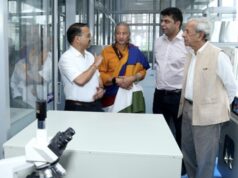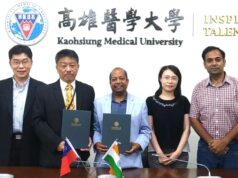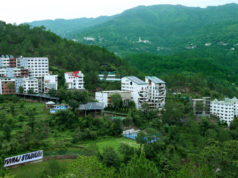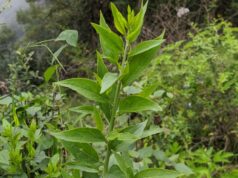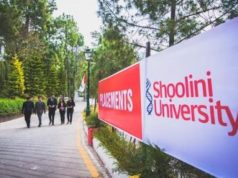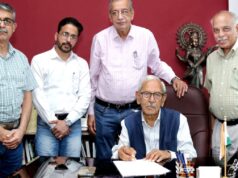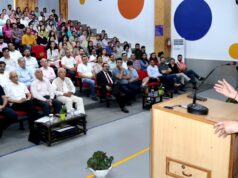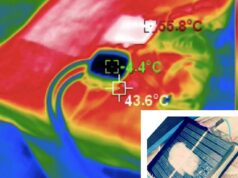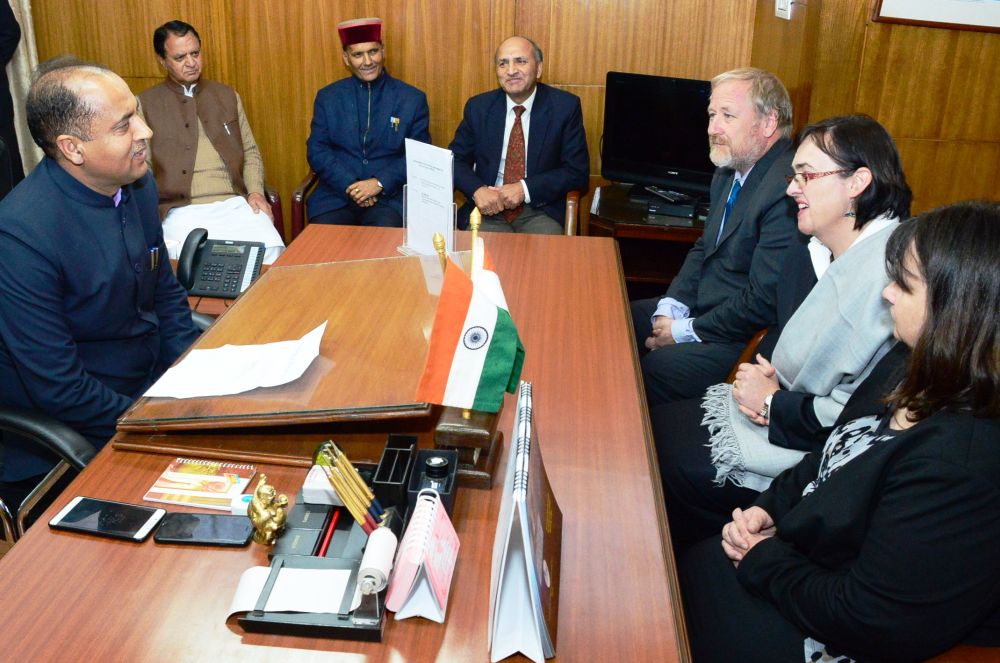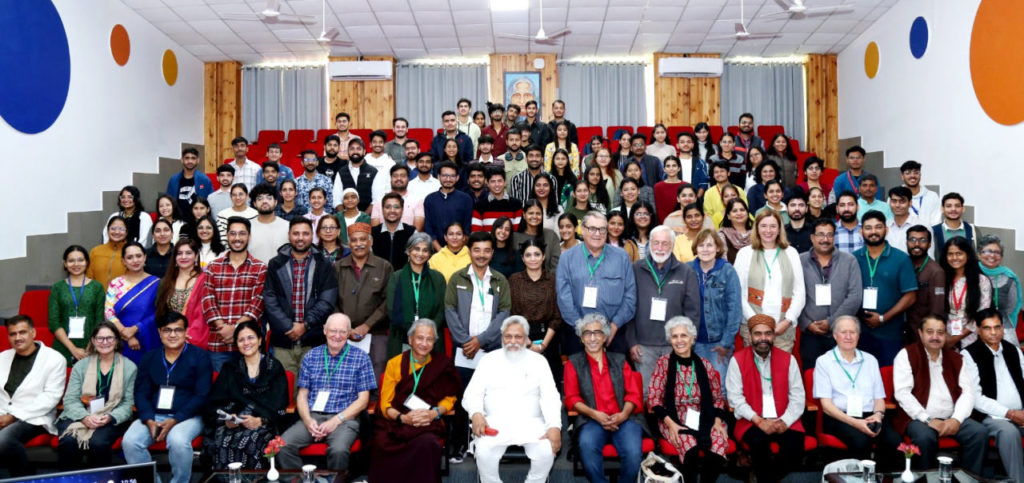
Solan – The 20th edition of the International Congress of Agricultural Museums (CIMA-2023) has brought together a diverse group of agricultural experts, environmentalists, and enthusiasts to share insights and ideas for a more sustainable agricultural future in India.
This event, organized by the International Association of Agricultural Museums (AIMA), commenced at the Shoolini University Campus and is scheduled to continue for the next two days at Punjab Agricultural University (PAU), Ludhiana. CIMA-2023 has become a platform for knowledge exchange and discussion on critical issues surrounding Indian agriculture.
In a pivotal session, environmentalist Rajendra Singh, often referred to as the “Waterman of India,” took the stage to address the audience. His focus was on the crucial role of traditional water harvesting methods for irrigation. Singh emphasized the importance of water conservation in Indian agriculture, shedding light on the detrimental effects of modern agricultural practices on natural resources. His insights prompted discussions on how traditional wisdom can be harnessed to address the pressing issue of water scarcity.
Dr. Nitya Ghotge, Founder-director of ANTHRA, provided perspective on the impact of the Green Revolution on livestock and nomadic communities. Ghotge pointed out the evolving landscape of livestock management, especially the transition from traditional methods to modern machinery.
Suresh Dahiya, a freelance journalist from Satna, Madhya Pradesh, delivered an eye-opening session on the adverse consequences of agrochemicals introduced during the Green Revolution. He highlighted how these chemicals have led to soil and environmental pollution, urging the audience to rethink the sustainability of contemporary farming practices. Dr. Anupam Paul, the former additional director of agriculture at the Directorate of Agriculture, West Bengal, presented a compelling case for preserving India’s traditional rice varieties. He stressed their vital role in promoting biodiversity and sustainable agriculture. Dr. Sanchit Thakur contributed to the conversation by delving into the significance of crop diversity in sustainable agriculture and the conservation of biodiversity in India.
Furthermore, discussions at CIMA-2023 encompassed the welfare of working animals, with Dr. Barbara Corson, Claus Kropp, and Dr. Paul Starkey emphasizing the importance of sharing information about animal heritage.
In the Himachal Session, Dr. Suresh C. Attri from the Environment, Science, and Technology Department, Government of Himachal Pradesh, provided insights into moisture management and the adaptation of irrigation practices in response to climate stress. These insights were particularly relevant given the challenges posed by climate change.
Dr. R. Seenivasan, an Agricultural Engineer and Development Professional from Chennai, concluded the sessions by emphasizing the ecological and social significance of traditional tank ecosystems. He drew attention to the threats these ecosystems face, such as encroachments and urbanization, and highlighted the need for their conservation and development to support local livelihoods and protect the environment amid changing climate conditions.
CIMA-2023 has served as a vital platform for experts to exchange knowledge and ideas, promoting a more sustainable and environmentally conscious approach to agriculture in India. The conference has emphasized the significance of preserving traditional practices and leveraging indigenous knowledge to tackle contemporary agricultural challenges. As it moves to Punjab Agricultural University (PAU), Ludhiana, the conference promises to continue its mission of advancing sustainable agriculture for India’s future.


